
A Guide to Reggio Emilia Play-based Activities For Nurturing Creativity and Curiosity
Play-Based Approach
Last updated on 24 June 2025

Play-Based Approach
Last updated on 24 June 2025
A Guide to Reggio Emilia Play-based Activities For Nurturing Creativity and Curiosity
Play-Based Approach
Last updated on 15 July 2025

Creativity and curiosity are the bedrock of a child’s development. Both let children experiment and explore, which is how they learn more about the world and their own capabilities. Both are essential to continued growth, in other words.
And in the Reggio Emilia approach to early childhood education, creativity and curiosity are core values. This is why you will often see Reggio Emilia schools provide activities for children that nurture these values.
This also ties into how the Reggio Emilia approach embraces learning through play and hands-on exploration. Play is one of the ways children act on their creativity and curiosity, and taken all together, this forms the bedrock of a child’s early development.
If you’d like to learn more about how Reggio Emilia-inspired schools do this, read on! We’ll dive into the principles and practices of this approach and, in the process, discover a wealth of engaging activities with which to nurture young minds.
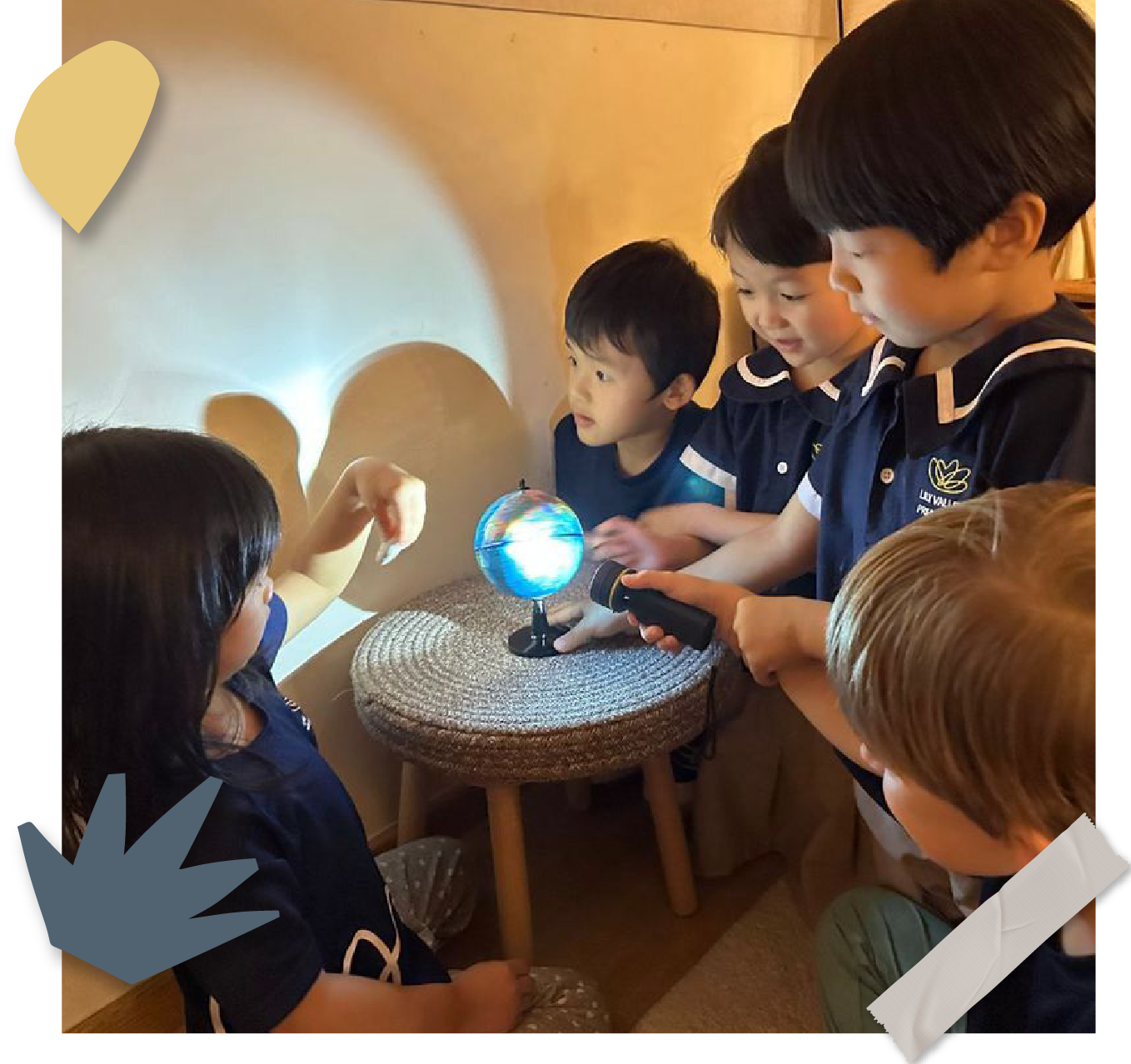
We’ve shared about the Reggio Emilia approach before, but in brief, it’s a philosophy where children are at the centre of their learning experience. This translates to a pedagogy where exploration is self-directed and engagement is often hands-on.
This approach emphasises child-led, play-based learning. Because Reggio Emilia classrooms are guided by the children’s own interests and ideas, they’re a natural fit for meaningful play-based learning activities.
Children construct their own learning in Reggio Emilia-inspired schools. They have collaborators, of course – their parents, their teachers, their peers, and even their environment! All of these can facilitate the many ways whereby children learn, yet the child remains at the core of the process each time.

Among other things, this means that children can build their self-confidence and belief in themselves early on. The approach’s acknowledgement of the individuality of learners also allows for more personalised learning from the beginning.
This supports one of the ideas at the core of the Reggio Emilia approach: that children are capable and curious creatures full of unique potential.
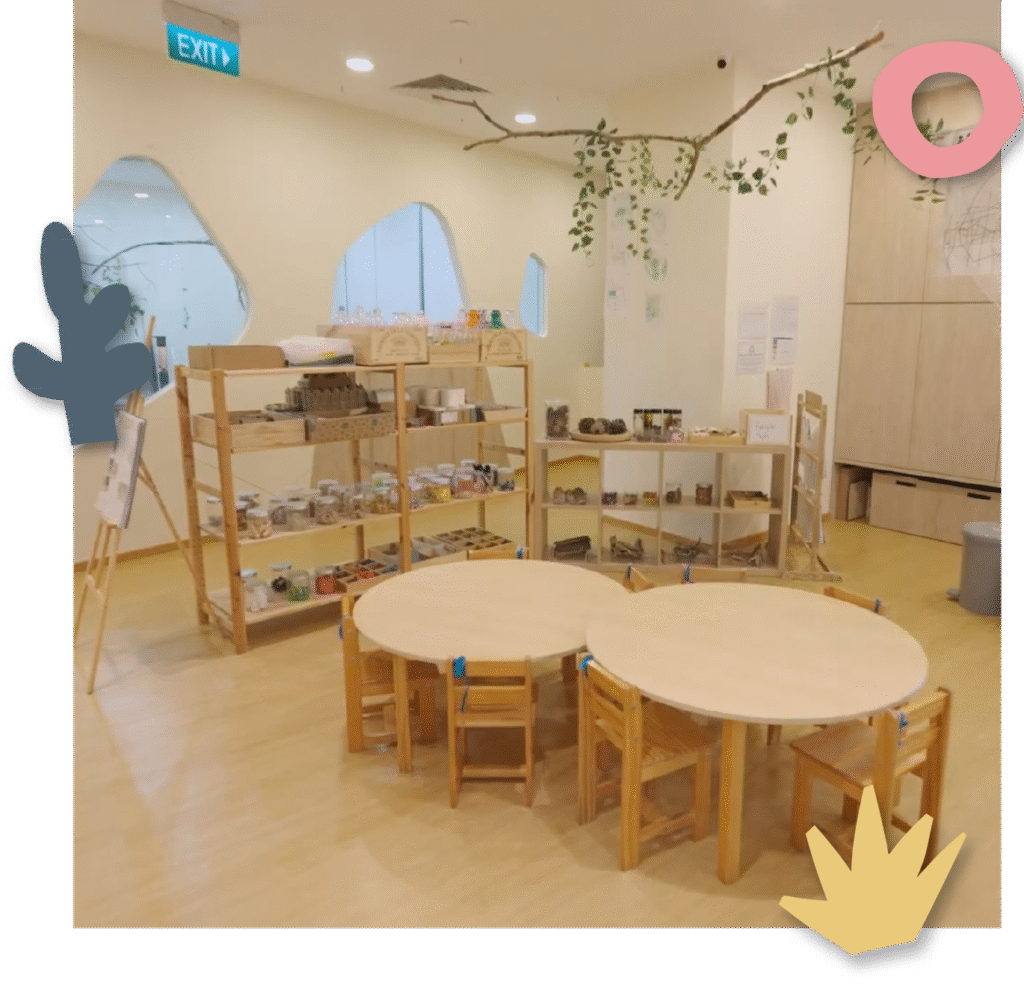
One can clearly see the importance of curiosity in play-based learning. Curiosity drives us to seek knowledge, to discover answers to questions. In an approach where children are seen as active learners, curiosity is thus a major motivating force for progress.
Meanwhile, creativity expands the ways and methods through which children learn. It provides new avenues for discovery, new ideas to tap, and new solutions to try!
In a philosophy where personalised learning and freedom of expression are valued, creativity is given the leeway it needs to flourish. This makes the Reggio Emilia approach perfect for encouraging open-ended growth and realising the massive potential in children.
Children engaged in Reggio Emilia-inspired learning environments tend to develop strong problem-solving skills because of their improved ability to think outside of boxes and exercise lateral thinking. They also often develop strong communication skills and remarkable social and emotional growth.
And above all, they develop a deep love for learning because they have the opportunity to engage in something they enjoy even as they discover new ideas, hone key skills, or test fresh concepts. They play, they learn, and they have fun!
In this child-centred philosophy, play is more than recreation. It’s a powerful tool for cognitive, social, and emotional development.
When children are encouraged to investigate, create, and collaborate through play, they begin to make sense of the world around them in a way as joyful as it is deeply enriching.
If you want to prepare Reggio Emilia-inspired activities for your child, the key is to recognise that the approach sees the environment as a third teacher for the student. Hence, it would be wise to spend some time creating an environment that encourages curiosity and creativity.
Because creativity and play-based learning is critical, it’s useful to go beyond traditional lecture or book-reading activities and consider how you can enable meaningful learning through play for your child.
Here are some tips based on what we do in our own centre. As a Reggio Emilia-inspired preschool, we strive to encourage these values in our learners, and do it in the following ways:
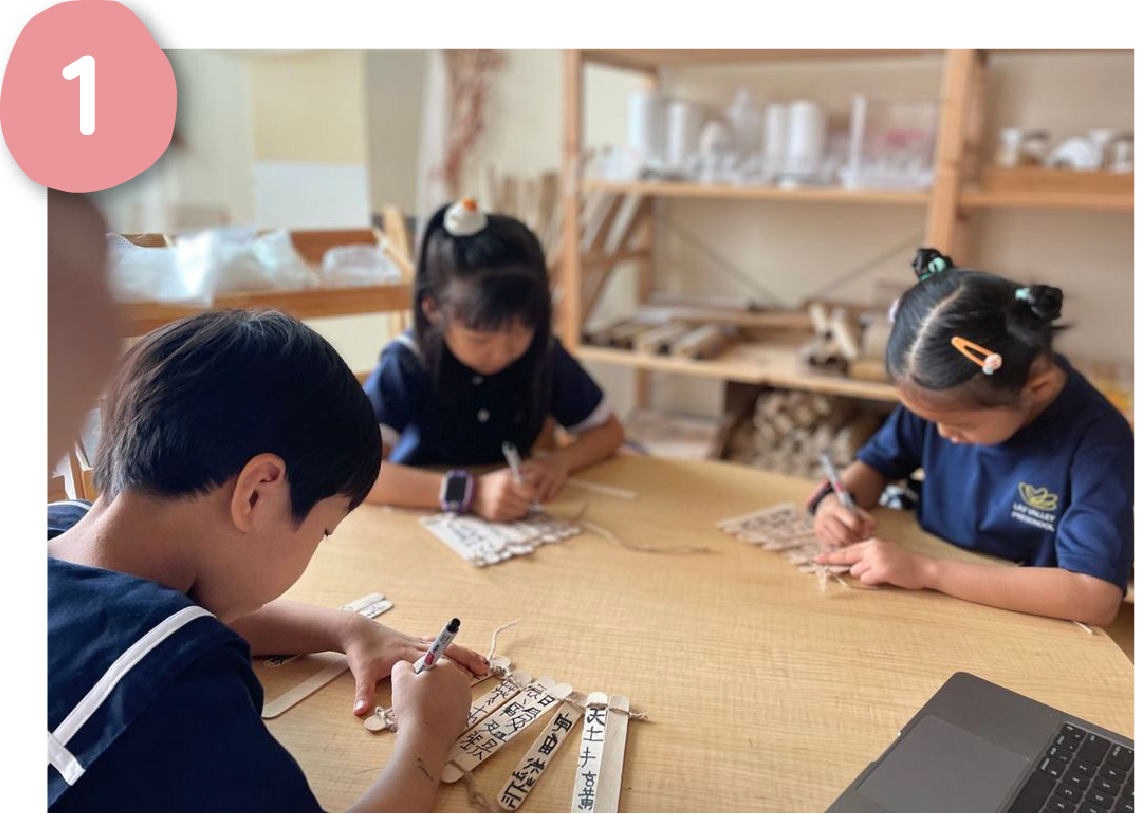
Use natural materials, open spaces, and well-lit areas.
These give children a sense of freedom to explore, sparking curiosity.
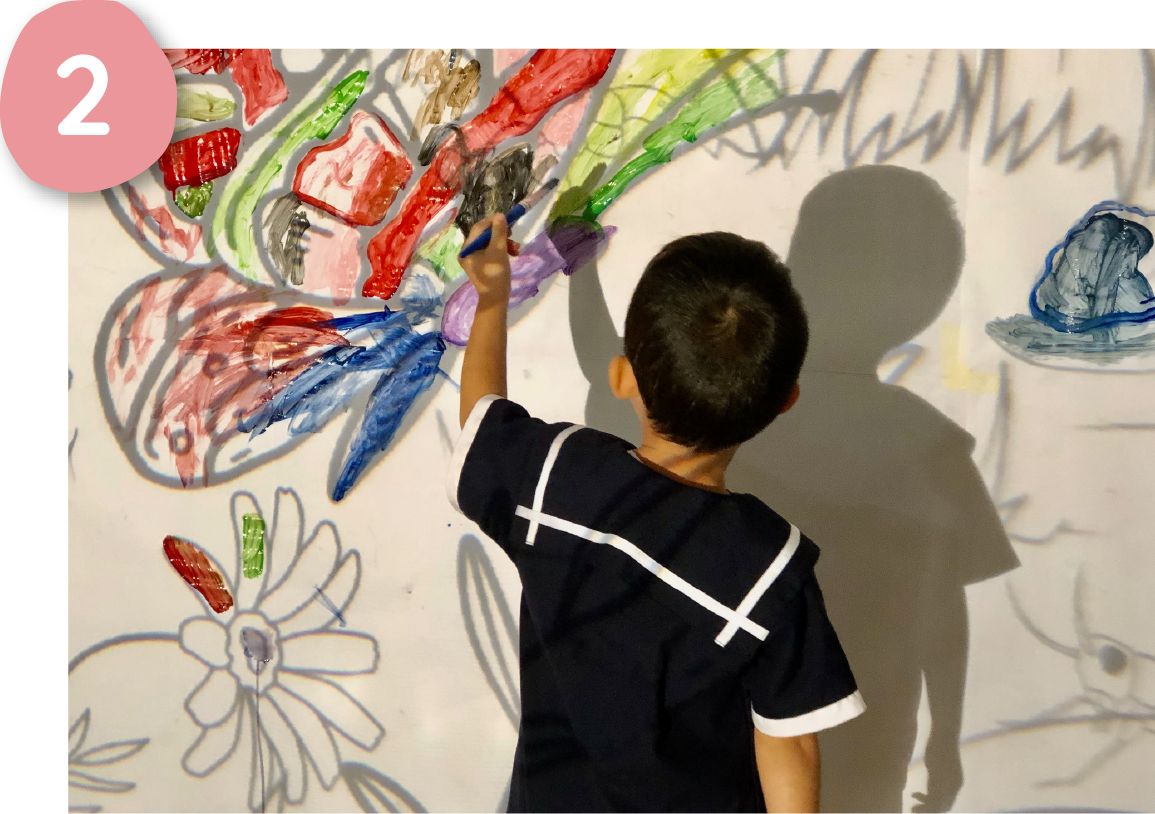
Observe the children’s interests.
Pay attention to their queries and what strikes their curiosity. Even children’s casual conversation can give you cues to guide your activity choice.
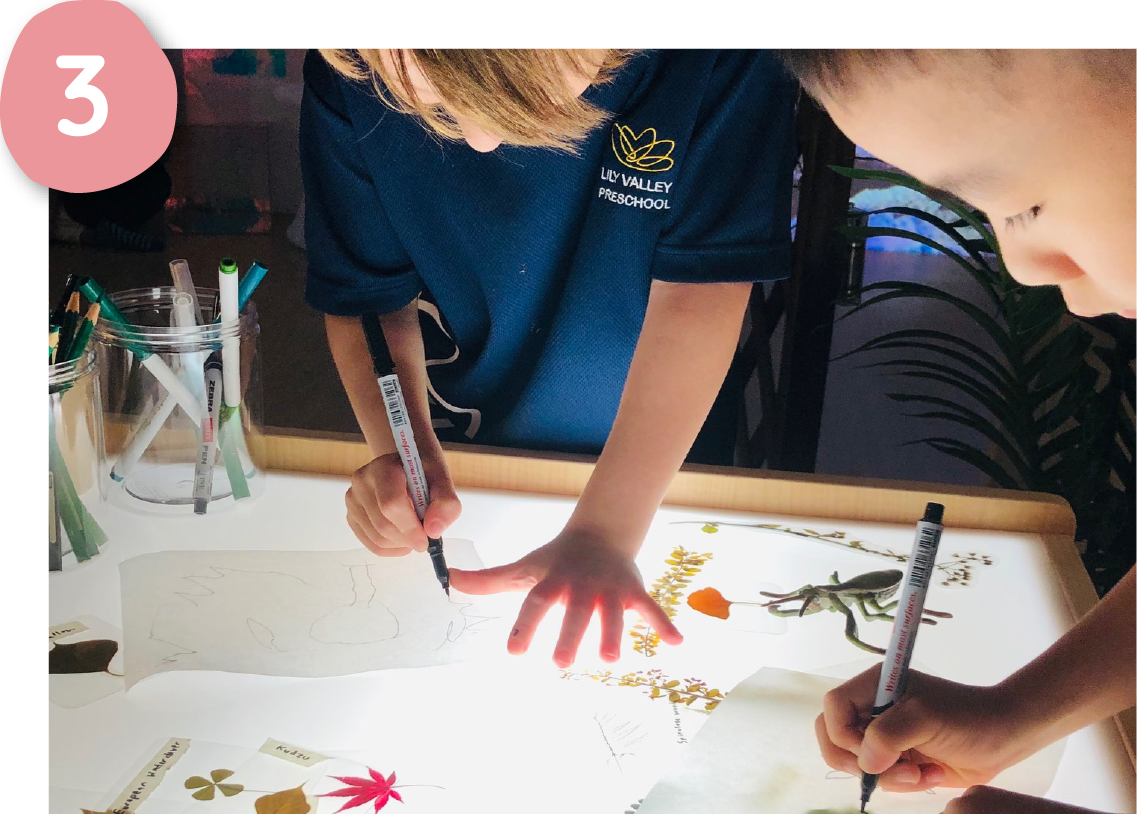
Consider their senses in their activities.
Integrating the senses into the activities is a good way to pique their interest. At the same time, engaging their senses supports their development, offering a learning experience that’s as holistic as it is immersive.
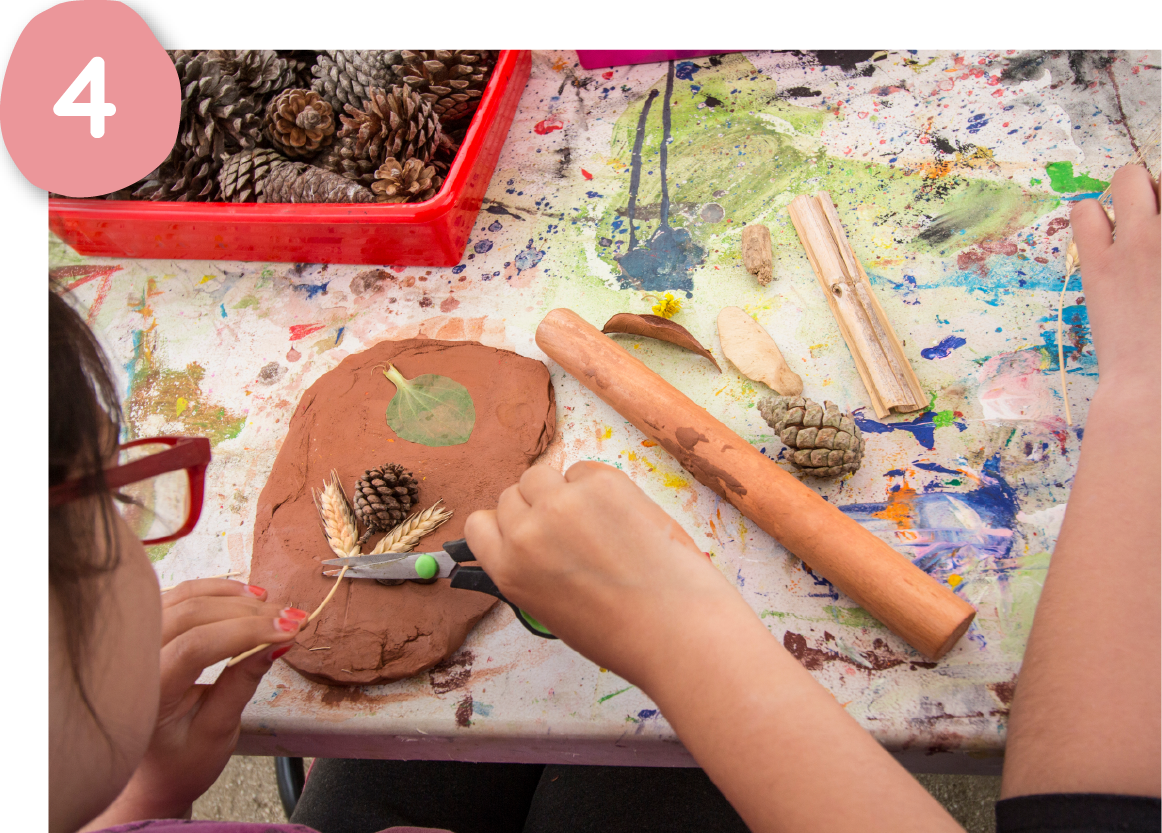
Make choice possible within the activity.
The Reggio Emilia approach is all about children’s agency in directing their learning, so it makes sense to give them choices within the activities you provide. Provide flexible schedules and materials, for instance. Let them take the initiative in deciding how to learn and about what.
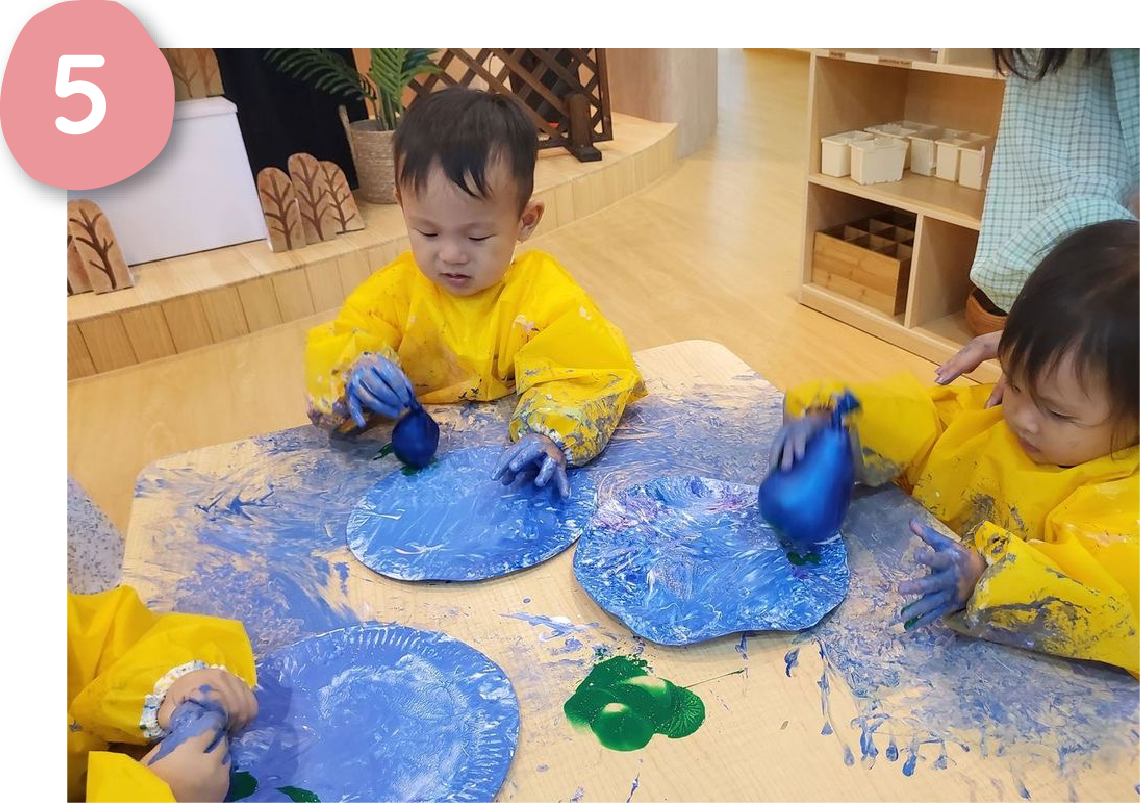
With activities like these, we align with Reggio Emilia principles of early education while also supporting the broader goals of modern play-based learning. Even as children have fun, they are building agency, imagination, and a deep love for discovery.
A look at Reggio Emilia-inspired activities shows that this approach is not merely a teaching method. It’s a play-based, child-centred learning approach that nurtures creativity and curiosity while celebrating the unique capabilities of every child!
At Lily Valley, we offer myriad activities that do this for our little learners. Our ateliers give children a vast range of learning and sensory experiences that expand their minds and knowledge.
If you’re interested in securing such experiences for your child, register your interest for a school tour with us. We’d be happy to answer any questions you may have too!